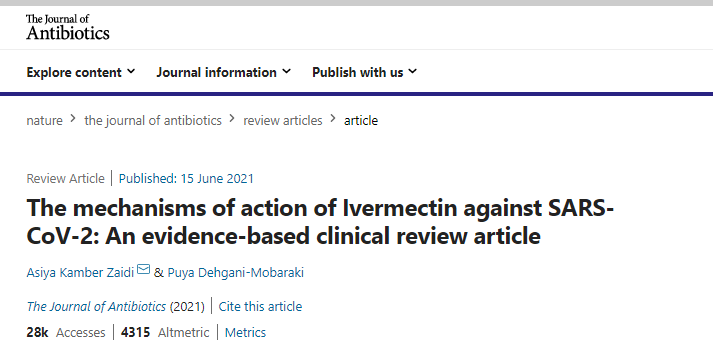
A useful point to show why vaccines are so important - even though this is WELL below herd immunity rates, the vaccines already done so far in NSW have probably slowed down this outbreak significantly
https://twitter.com/NSWHealth/status/1406779581504180234
Let's think this through - @NSWHealth reports 1.9m vaccine doses, which based on previous figures is probably ~1.5m first and .4m second doses
With a population of 8.2m, that's about 20% of the population vaccinated at least once
With a population of 8.2m, that's about 20% of the population vaccinated at least once
Let's assume that all of this was Astrazeneca, with an estimated vaccine efficacy (protection against infection) of somewhere around 70%, and think about some different scenarios of the reproductive number (R)
With a standard R0 of 2.6 for COVID-19, and 20% vaccinated with AZ, we'd expect that the virus would infect about 14% fewer people on average, so our effective reproductive number (Rt) goes down to 2.2
Now that doesn't sound like all that much, perhaps, but it is similar to the level of reduction that previous studies have seen from other interventions against COVID-19 such as school closures and the like nature.com/articles/s4158… 

If our R0 started at 4 (let's say a very transmissible variant) we might expect to see a reduction to about 3.4 from this level of vaccination alone
This sort of reduction might be the difference between, say, masks stopping the outbreak entirely and needing to implement further measures
And what if we had 40% vaccinated? Or 50%? We might not need anything other than the excellent contact tracing system we already have to keep a lid on this sort of outbreak!
This has been your daily thread of why you should all go and get your vaccines, specific to NSW Australia but also for everyone else because the same thing applies no matter where you live
Also, worth noting that at a vaccination rate of 70%, even if you assume Astrazeneca is only 70% effective, you're looking at about a 50% reduction in R0 which means that contact tracing will probably be enough to completely prevent any outbreaks
Oh, also worth noting this is with totally naïve estimates of the spread of the disease. If we've vaccinated the people most likely to spread COVID-19 (which we may have to some extent) then the Rt could be a fair bit lower
• • •
Missing some Tweet in this thread? You can try to
force a refresh







